Federal Finance Minister╠řChrystia╠ř╣ˇ░¨▒▒▒˘▓╣▓ď╗ňÔÇÖs╠řfirst budget, released in the House of Commons today,╠řcontains╠řsignificant new╠řpledges to expand affordable housing,╠řfund home retrofits, invest in a green recovery and╠řkick-start╠řthe National Trade Corridors╠řFund.╠ř
Freeland reiterated a February promise to╠řtake a long-term approach to investing in public transit╠řand also╠řpromised new spending on broadband. She╠řforecasted╠řthat the governmentÔÇÖs deficit will drop by more than half, from╠řthe latest╠řshortfall╠řof╠ř$354.2 billion╠řto╠řa╠řdeficit╠řof╠ř$154.7 billion╠řforeseen for the 2021-22 fiscal year.╠ř
By 2025-26, the government expects the deficit to╠řdecline╠řto╠ř$30.7 billion.╠ř
ÔÇťAs Canada pivots to recovery, our economic plan will too,ÔÇŁ said Freeland.╠ř
ÔÇťWe promised last year to spend up to $100 billion over three years, to get Canada back to work and to ensure the lives and prospects of Canadians are not permanently stunted by this pandemic recession.╠ř
ÔÇťThis budget keeps that promise.ÔÇŁ╠ř
FreelandÔÇÖs fiscal╠řprogram was titled A Recovery Plan for Jobs, Growth, and Resilience.╠ř
Freeland predicts╠řreal GDP growth of 5.8 per cent in 2021,╠řalmost two per cent higher than╠řin╠řher╠řFall Economic Statement, after╠řa╠řrecord decline of╠ř5.4 per cent in the first year of the pandemic. Growth is expected to be╠řfour per cent in 2022.╠ř╠ř
Still, Freeland said, federal supports for businesses and individuals will╠řbe needed for most of the year and╠řso the Canada Emergency Wage Subsidy, the Canada Emergency Rent Subsidy and Lockdown Support will be extended until Sept. 25, 2021, representing╠řan estimated total of $12.1 billion in additional support.╠ř
In last fallÔÇÖs economic statement, Freeland╠řproposed spending between╠ř$70 billion╠řand╠ř$100 billion over three years╠řstarting╠řin 2021 to spur economic recovery. Freeland╠řnow says the government will spend $102.4╠řbillion on a growth plan╠řthat will╠řÔÇťcreate good jobs and support a resilient and inclusive recovery.ÔÇŁ╠ř
The green recovery funding of $17.6 billion covers a broad range of new and expanded programs.╠řCanada is on╠řtarget╠řto╠řexceed its Paris climate targets and reduce emissions by 36 per cent below 2005 levels by╠ř2030, and╠řmove towards reaching net-zero emissions╠řby 2050, Freeland said.╠ř╠ř
The government╠řproposes to provide $4.4 billion on a cash basis ($778.7 million╠řon an accrual basis over five years, starting in 2021-22, with $414.1 million in╠řfuture years) to the Canada Mortgage and Housing Corporation to╠řencourage homeowners to╠řcomplete deep home retrofits through interest-free loans╠řworth up to $40,000.╠ř╠ř
Loans would be available to homeowners and landlords╠řwho undertake retrofits identified through an authorized╠řEnerGuide╠řenergy╠řassessment.╠ř╠ř
The government pledges to build, repair and support 35,000 affordable housing units through an investment of $2.5 billion and a reallocation of $1.3 billion in existing funding.╠ř
In a nod to the work-from-home trend during the pandemic, the government╠řwill reallocate $300 million from the Rental ░Á═°Żűă°ion Financing Initiative to╠řsupport the conversion of empty office spaces╠řto housing.╠ř
Freeland proposes spending of $1.9 billion over four years, starting in 2021-22, to╠řÔÇťrecapitalizeÔÇŁ╠řthe National Trade Corridors Fund.╠řThe government hopes to leverage private investment╠řto╠řboost the impact of the funding, with╠ř$2.7 billion from private and╠řother public sector partners╠řpotentially╠řresulting in total investments of $4.6╠řbillion.╠ř╠ř
ÔÇťThis would spur investments in much-needed enhancements╠řto our roads, rail and shipping routes,╠řand╠řbuild long-term resilience,ÔÇŁ the╠řbudget document states.╠ř╠ř
Other supports for businesses include the new Canada Digital Adoption Program, intended to support╠ř160,000 businesses with the cost of new technology╠řand give work to╠ř28,000 young Canadians who will be trained to╠řimplement the╠řplan.╠ř
The government will also allow╠řsmall businesses to fully expense up to $1.5 million in capital investments╠řon a broad range of assets, including digital technology and intellectual property.╠ř╠ř
Freeland announced a plan to contribute╠ř$1.4 billion over 12 years, starting in╠ř2021-22, to Infrastructure Canada to top up the Disaster Mitigation and╠řAdaptation Fund, to support projects such as wildfire mitigation activities╠řand╠řrehabilitation of storm water systems.╠ř
Of that, $670 million would be dedicated to new, small-scale projects╠řbetween $1 million and $20 million in eligible costs.╠ř
FreelandÔÇÖs transit pledge echoed the plan released╠řin February, when the government╠řannounced $14.9 billion over eight years to build new public transit, electrify existing transit systems and help connect rural, remote and Indigenous communities.╠ř
Rural and remote communities were also recognized with the broadband announcement.╠řThe government is committing╠řan additional $1 billion over six years╠řto╠řthe Universal Broadband Fund.╠ř
The government is also taking steps╠řto advance its╠řhigh–frequency rail╠řproposal between╠řQuebec╠řand Toronto.╠ř╠ř
The budget will╠řprovide $4.4 million in 2021-22 for further planning and de–risking, and╠řVia Rail will be allocated 491.2 million over six years╠řfor infrastructure improvements to support the project.╠ř╠ř
Major investments on Indigenous infrastructure needs include╠ř$4.3 billion over four years╠řfor╠řthe Indigenous╠řCommunity Infrastructure Fund╠řand╠ř$1.7 billion over five years to cover the operations and maintenance costs of community╠řinfrastructure in First Nations communities on reserves.╠ř
Follow the author on Twitter .
Read More of our Budget 2021 coverage:
Federal budget provides funding for new apprenticeship service, supports skilled trades


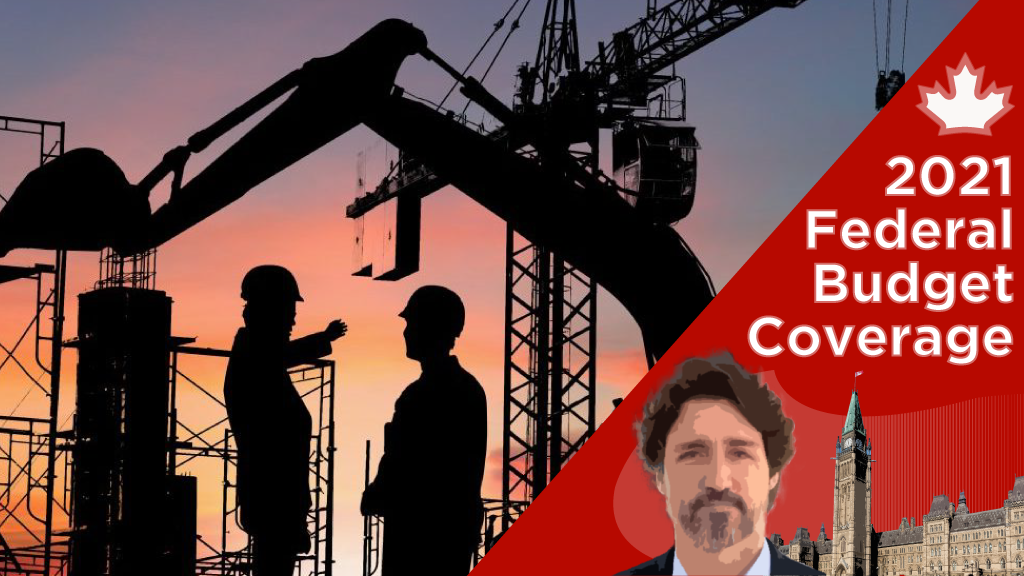
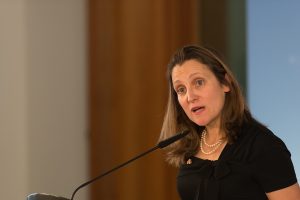
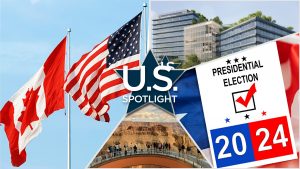


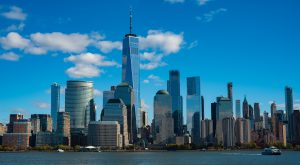
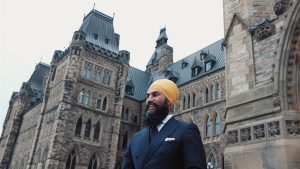
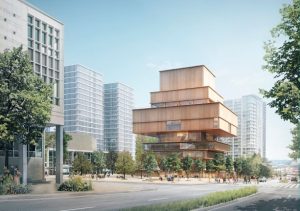
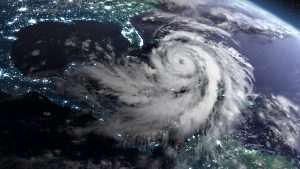
Recent Comments
comments for this post are closed